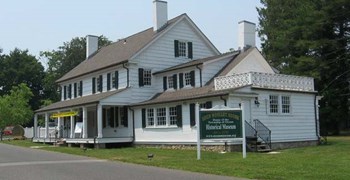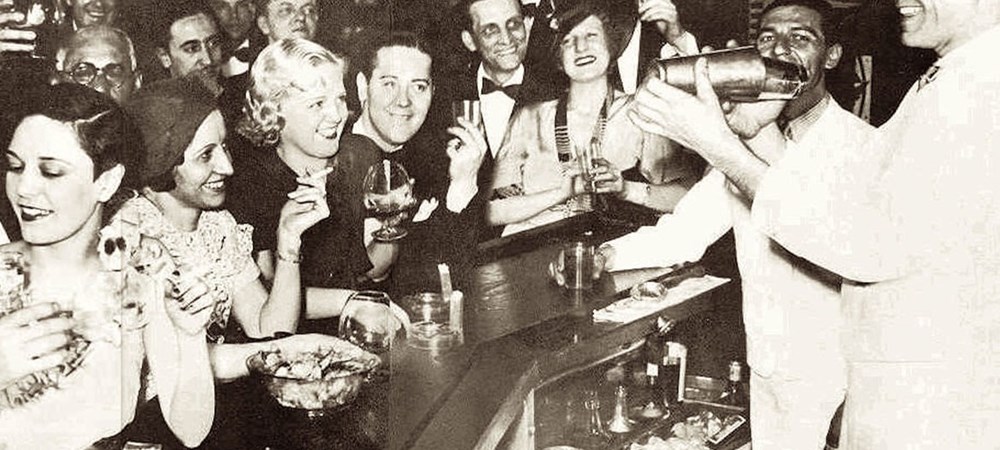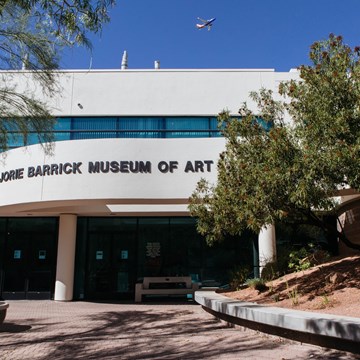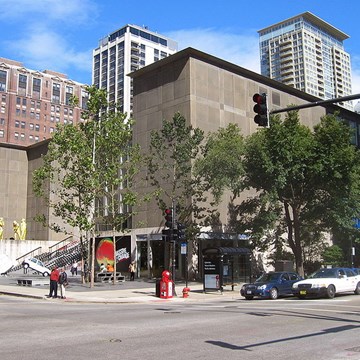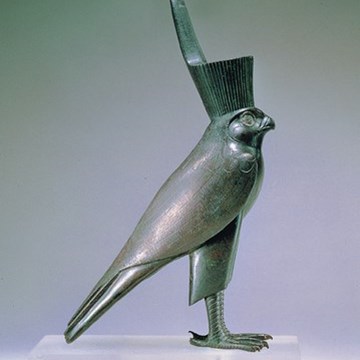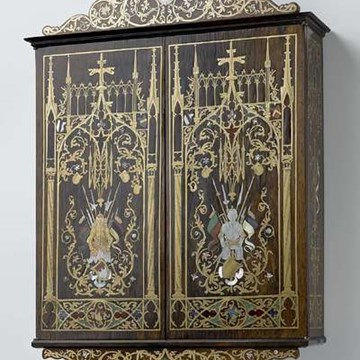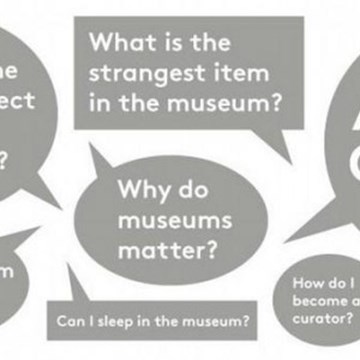Wet as the Atlantic Ocean: Prohibition in New Jersey
The 18th Amendment—the measure that made the manufacture, sale, or transport of alcoholic beverages a federal offense for the 13 years, 10 months, 19 days, and 17 hours of Prohibition—was repealed in 1933. It is the only Constitution Amendment ever to be undone. And its doing and undoing were the results of a tug-of-war between the “Wets” and the “Drys” that played out across the country.
A new exhibit in the Richmond Gallery of the Eden Woolley House reveals where New Jersey stood in that tug-of-war. “Wet as the Atlantic Ocean: Prohibition in NJ” brings the debates, glamour, and violence of the Roaring Twenties home.
How did it happen?
The prohibition debate had been argued across the country for nearly a century before the 18th Amendment outlawed alcohol nationwide. Maine passed the first state prohibition law in 1846 and by the Civil War, several other states had followed suit.
So what happened in the first decades of the next century to elevate debate into a campaign for a Constitutional Amendment—that took the fight national?
• Drunkenness was a real problem. The proliferation of saloons fueled a drinking culture, and between 1900 and 1913, beer and alcohol consumption soared. Women and families suffered.
• Women had been campaigning for abstinence since the early 1800s, By the turn of the century, they were finding their voice, stridently advocating for the vote-and increasingly for prohibition. Organizations like the Women’s Christian Temperance Union were gaining ground.
• Many Americans felt threatened by the influx of immigrants whose cultural norms around alcohol threatened prevailing white, Anglo-Saxon, Protestant values.
• On the global scene, the unthinkable carnage of the First World War and the alarming success of the Russian Revolution fueled a nostalgic longing for control and order.
Under these conditions, pro-prohibition sentiment grew. By 1919 more than half the country lived in dry states, counties, or towns. If the 18th Amendment were to be passed, it needed to happen before the 1920 census, the results of which would give greater power to the anti-prohibition cities.
The last state to ratify
Ours was the last state to ratify the 18th amendment and it did so in 1922, two years after the measure was in effect. (Rhode Island and Connecticut never ratified.) We fought Prohibition in court. New Jersey joined Rhode Island in a losing challenge before the Supreme Court (1920). And we were back in 1931 when the Supreme Court overruled a New Jersey federal judge’s decision invalidating the 18th Amendment.
New Jersey’s resistance
It’s no surprise, then, that Prohibition enforcement in New Jersey was lax. Local fishermen and boaters shuttled bootlegged liquor to shore from rum-running ships lined up just outside the legal limit. Speakeasies thrived with little risk of a raid. The state underfunded enforcement. Corruption was rampant. Local police turned a blind eye. Even the teetotaling and incorruptible Ira Reeves, the man put in charge of federal enforcement in New Jersey, resigned after eight months and took up the anti-Prohibition cause!
The exhibit runs through June 2019.
Exhibitions and events

The Permanent Exhibits in the Our Town Gallery
Permanent exhibitionThe Pre-Colonial Era This area of New Jersey was originally occupied by the Lenni-Lenape tribe (also known as the Delaware to Europeans) a part of the Algonquin nation. The Lenni-Lenape traveled...

The Permanent Exhibits in the Hearth and Home Gallery
Permanent exhibitionThe Hearth and Home Gallery is located in the section of the Museum that was the original portion of the Woolley House. The room that is the Gallery today, was built in the 1700's and the beams,...
Activities from this museum

Third Grade History Program
The Township of Ocean Historical Museum has, since 1985, been providing...
